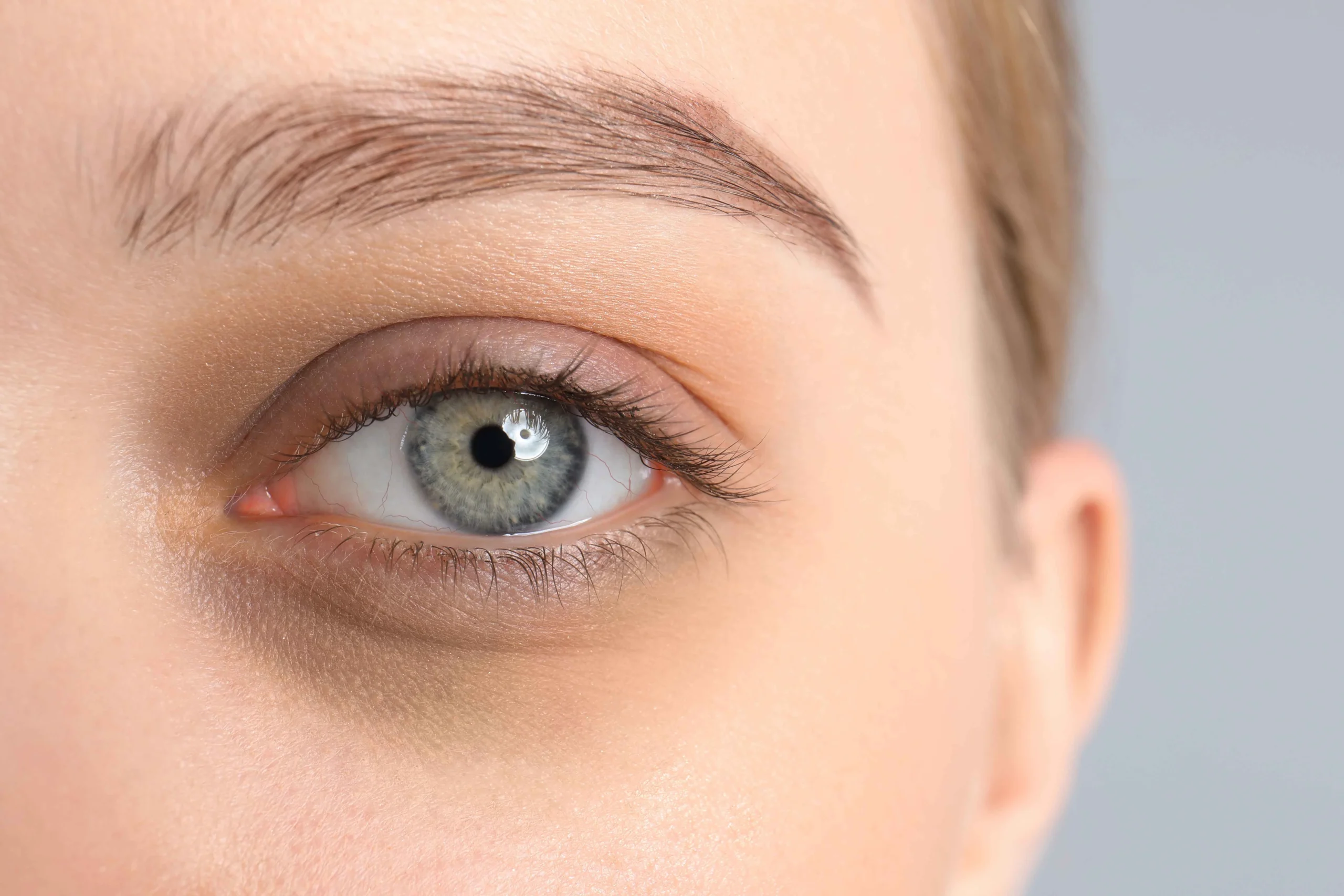

If you’ve been noticing early signs of aging, dull skin, or breakouts that just won’t clear, you’re not alone. Many people turn to exfoliation to restore radiance, but with so many options out there, it’s easy to feel overwhelmed. Facial peels seem promising, but should you trust an over-the-counter peel at home, or book an in-office treatment?
At The Cosmetic Clinic, we’ve heard this question often. Choosing between professional peels and DIY peels can be confusing, especially when you’re trying to balance safety, convenience, and results. Let’s break down the pros and cons to help you make a confident, informed choice.
A chemical peel is a skin resurfacing treatment that uses acids to exfoliate the top layers of skin. This process encourages cell turnover, helping improve texture, reduce discoloration, and soften fine lines.
There are two main types:
These two methods are intended to revitalize the skin, but they differ significantly in terms of depth of treatment, safety, and achievable outcomes.
When chosen correctly, chemical peels for skin rejuvenation can transform the skin’s surface and health. The benefits go beyond the visible glow:
Whether mild or medium-depth, consistent treatments can support long-term skin health and a fresher, more radiant appearance.
Here’s how professional peels compare with DIY peels when it comes to safety, cost, results, and convenience:
Pros:
Cons:
Pros:
Cons:
While at-home skincare is a helpful routine, DIY peels aren’t ideal for treating moderate to severe skin issues.
The right peel depends on your goals, skin type, and comfort level:
If you’re unsure or have sensitive skin, a consultation with a licensed provider can help steer you toward the right type of facial peel without risking damage.
Knowing what happens before, during, and after a chemical peel can ease any nerves:
Do chemical peels work on sensitive skin?
Yes, but it’s best to choose a professional peel designed for sensitive skin. DIY options may lack the control needed to avoid irritation.
Will my skin peel off in sheets?
Not always. Light peels often result in little to no visible flaking. Peeling is not required for a treatment to be effective.
Are at-home peels safe?
When used appropriately and in small amounts, these can be safe for minor problems. However, misuse increases the risk.
Do chemical peels thin the skin over time?
No when used appropriately, chemical peels actually promote healthier, thicker skin by stimulating collagen.
How often should I get a peel?
Most people benefit from monthly or seasonal treatments, depending on their goals and skin condition.
If you’re ready to address skin texture, aging, or breakouts but not willing to risk irritation or wasted time on DIY peels it may be time for a more effective, guided solution.
Invest in Your Skin the Right Way with a consultation at The Cosmetic Clinic. Our licensed providers assess your skin needs and match you with the ideal chemical peel no guesswork, no damage, just clear and lasting results.
Chemical peels are one of the most effective ways to refresh your complexion and target skin concerns, but not all peels are created equal. While DIY peels offer convenience, they often fall short on results and safety. Professional peels performed by licensed providers, especially those at The Cosmetic Clinic, offer better outcomes and peace of mind.
If you’re ready for smoother, more vibrant skin, contact us and find out which treatment is right for you. Your glow shouldn’t be a gamble it should be a plan.
Feel free to reach out and ask us anything!